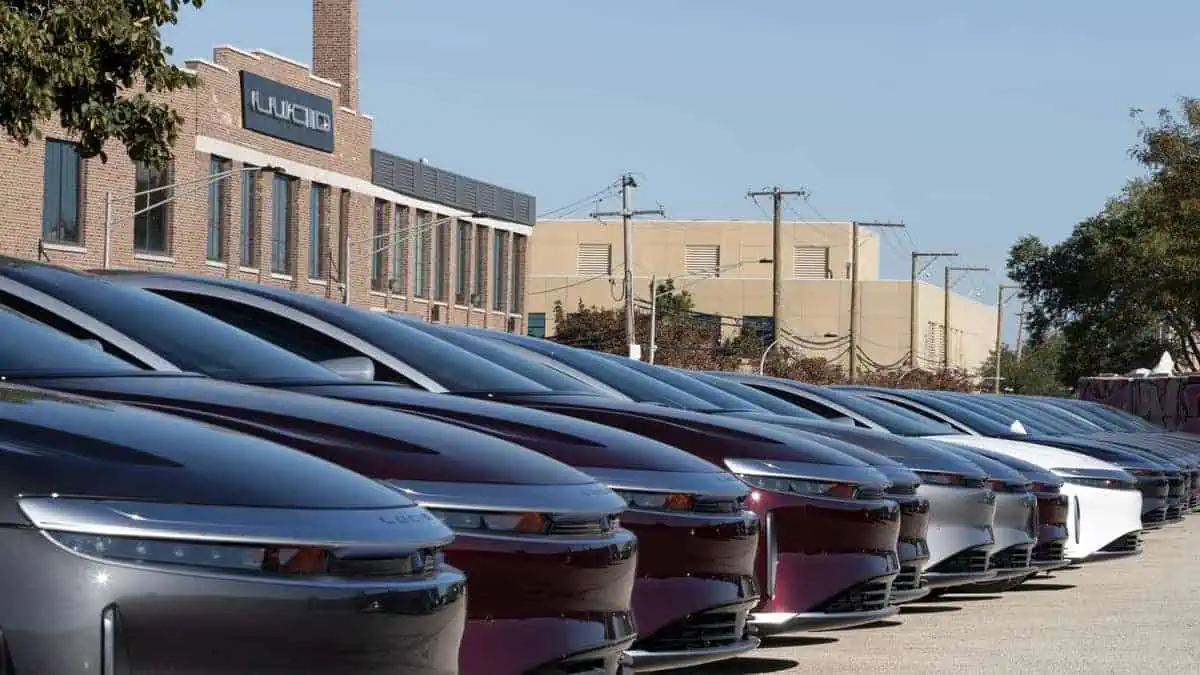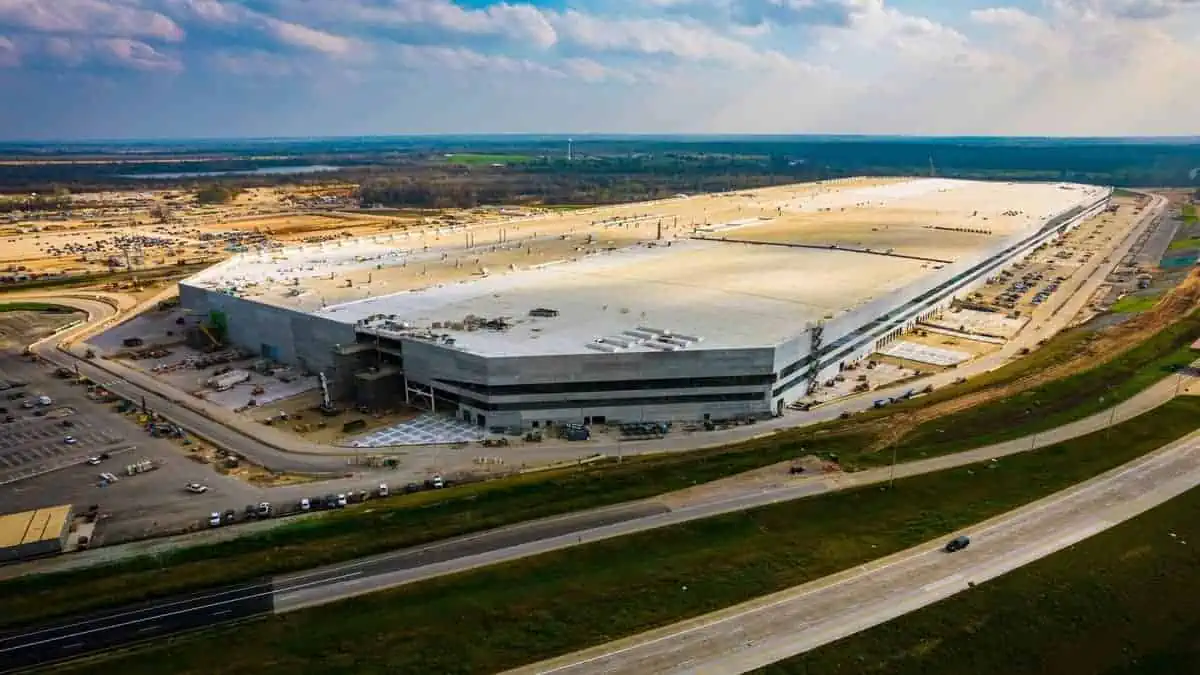Luxury electric automaker Lucid has just beaten Tesla in fast charging technology, according to consultancy firm P3 Group’s latest report. The firm acknowledged the Lucid Air Grand Touring as the fastest-charging electric vehicle in the US market, overthrowing three Tesla cars and other renowned models like the Kia EV6 and Porsche Taycan.
Test
P3 Group tested the vehicles by measuring the number of miles they gained in two different ten-minute cycles. It claims that using separate 20-minute charging sessions represents how EV users behave in everyday situations.
The consultancy firm conducted the test in California under ideal conditions for fast charging, specifically during the time when the ideal ambient temperatures were met. In addition, the study included electric cars sold solely in 2023, including the following:
- BMW i4 eDrive40 Gran Coupe (19 in. wheels, 80.7 kWh)
- BMW iX xDrive50 (22 in. wheels, 105.2 kWh)
- KIA EV6 LR RWD (74 kWh)
- Lucid Air Grand Touring (112 kWh)
- Polestar 2 LR Single Motor (75 kWh)
- Porsche Taycan GTS (83.7 kWh)
- Tesla Model S Plaid (19 in. wheels, 95 kWh)
- Ford F-150 Lightning 4WD Extended Range (131 kWh)
- Ford Mustang Mach-E CAL RT 1 ER RWD (91 kWh)
- Rivian R1T (125 kWh)
- Tesla Model 3 Long Range AWD (75 kWh)
- Tesla Model Y Long Range AWD (75 kWh)
- VW ID.4 Pro (77 kWh)
Results
According to the report, the Lucid Air Grand Touring gained 124 miles on the initial charging test and another 84 on the second cycle, generating 208 miles in total.
Meanwhile, the Tesla Model S Plaid gained a total of 194 miles in the two charging tests, which is 15 miles less than the Lucid EV.
The Kia EV6 Long Range RWD followed the Model S, gaining 191 miles in the two 10-minute charging tests.
On the other hand, the report recognized the Ford F-150 Lightning as the slowest-charging EV in the US market. It only recorded 59 miles in the first 10-minute cycle and another 50 miles in the second test.
The Rivian R1T performed slightly better, with a total of 124 miles over two ten-minute charging sessions, than the Lightning. Notably, both models are among the few EVs evaluated with off-road capability.
Lucid Air drawbacks
This recognition is undoubtedly an impressive record for Lucid Air. However, the consulting firm noted many drawbacks.
According to the report, the Lucid Air was significantly more expensive than a Tesla. Consequently, Lucid is under pressure to reduce its prices.
Furthermore, the luxury car Air was also not the fastest-charging vehicle eligible for tax credits. The world’s most sought-after EV, Tesla Model 3, claimed that accolade.
Below are the models not eligible and eligible for the US tax credits:
| Not Tax Credit eligible (net battery capacity in kWh) | Tax Credit eligible (net battery capacity in kWh) |
| BMW i4 eDrive40 Gran Coupe (19 in. wheels, 80.7 kWh) BMW iX xDrive50 (22 in. wheels, 105.2 kWh) KIA EV6 LR RWD (74 kWh) Lucid Air Grand Touring (112 kWh) Polestar 2 LR Single Motor (75 kWh) Porsche Taycan GTS (83.7 kWh) Tesla Model S Plaid (19 in. wheels, 95 kWh) | Ford F-150 Lightning 4WD Extended Range (131 kWh) Ford Mustang Mach-E CAL RT 1 ER RWD (91 kWh) Rivian R1T (125 kWh) Tesla Model 3 Long Range AWD (75 kWh) Tesla Model Y Long Range AWD (75 kWh) VW ID.4 Pro (77 kWh) |
See Also:
- Tesla EVs get faster charging times with BYD batteries
- Tesla Cybertruck to get 1 MW ultra-fast charging technology
- Which US state has the highest per-resident EV charger ratio?
- Lucid Motors starts European deliveries of Lucid Air Dream Edition
- Rivian patents a fast-charging air-conditioned electric vehicle charger
As previously indicated, the test was limited to EVs sold in 2023 alone. Given how quickly EV technologies are developing today, it is conceivable that its findings won’t be relevant in a few years or even a few months.






